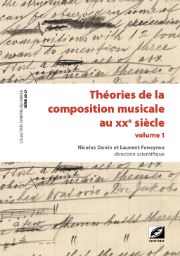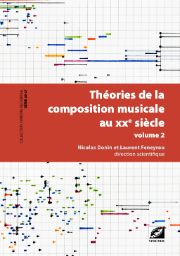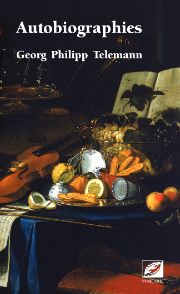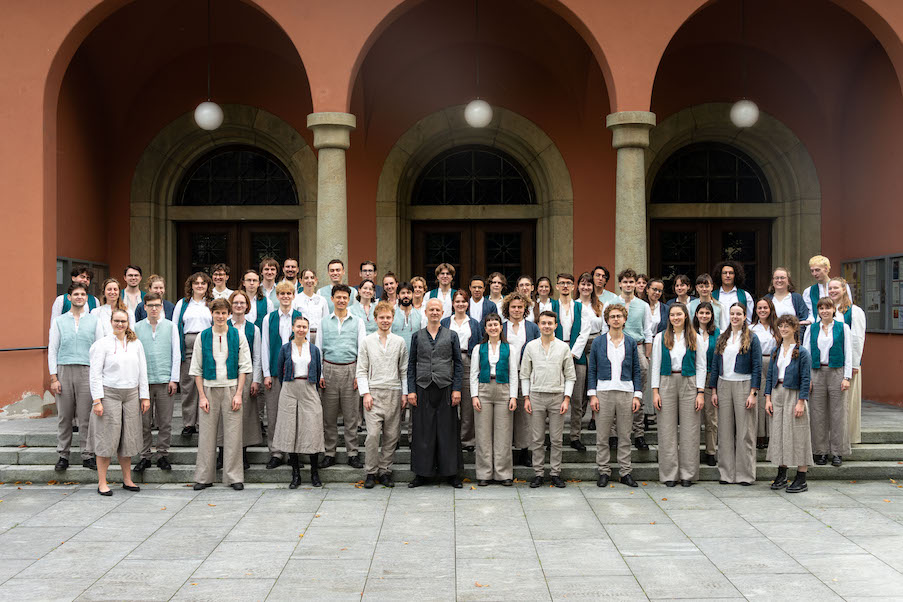Music theory in the 20th century - and Telemann
Over the years, Editions Symétrie has published a vast selection of books devoted to music and musicology, as well as correspondence and writings by musicians. Two recent examples:
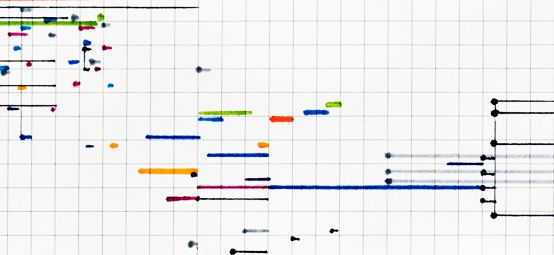
Under the scientific direction of Nicolas Donin and Laurent Feneyrou, an international panel of specialists in twentieth-century Western music, including several Swiss musicologists (P. Albèra, R. Brotbeck, R. Campos, T. Hirsbrunner, G. Starobinski), has produced an incomparable work: a vast panorama that has no equivalent in the French language. Nearly 70 chapters are devoted to writing techniques, from Schönberg, Scriabin and D'Indy to Zimmermann, Xenakis and Ligeti; from the Orchestration treatise from Koechlin to Musical language technique of Messiaen; from Dadaism, microtonal music and polytonality to minimalism, spectralism and live electronics.
One of the advantages of this book is that it does not limit itself to the theoretical writings of composers, but also addresses the compositional process itself. Another quality of this work is its non-discriminatory approach, with no stylistic apriori, thus illustrating the fascinating diversity of twentieth-century music. Published in two large hardback volumes, this work is a must for anyone wishing to deepen their musical knowledge of the last hundred years.
Nicolas Donin and Laurent Feneyrou, scientific editors, Théories de la composition musicale au XXe siècle, 1840 p. in 2 volumes, € 395.00, Editions Symétrie, Lyon 2013, ISBN 978-2-914373-60-9
Telemann's autobiographies
In a much lighter format, Editions Symétrie has published the three more or less short autobiographies written by Telemann at Mattheson's request (for his Grosse Generalbassschule of 1731 and its Grundlage einer Ehrenpforte of 1740, as well as for the Musikalisches Lexikon (1732) by Bach's cousin Johann Gottfried Walther, the first musical dictionary in German. Not without humor, Telemann describes how, as a precocious and gifted child, he was forbidden to play music for part of his youth, and how he disobeyed, becoming a self-taught musician. He recounts his apprenticeship in French and Italian styles, and the influence of Polish folk musicians, from whom "an attentive listener could pick up a lifetime's worth of ideas in eight days". We enter the intimate world of the man considered to be the most prolific composer of all time, thanks to his "naturalness, which cannot stand idleness", making him live "in continuous and joyful activity". His boundless imagination combined with hard work enabled him, for example, to write almost 200 orchestral overtures (suites) in just two years. A short but illuminating introduction also describes this period, during which a specifically German culture was beginning to assert itself.
Georg Philipp Telemann, Autobiographies, introduction and translation by Gabrielle Marcq, 96 p., € 9.50, Editons Symétrie, Lyon 2013, ISBN 978-2-914373-90-6






